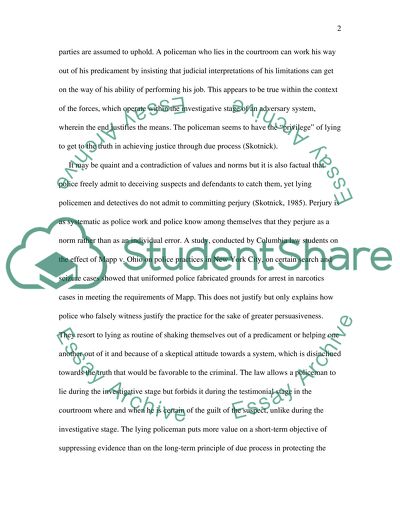Cite this document
(Investigative, Interrogation, And Testimonial Processes During The Essay, n.d.)
Investigative, Interrogation, And Testimonial Processes During The Essay. https://studentshare.org/law/1520956-deception-in-the-investigative-interrogation-and-testimonial-processes
Investigative, Interrogation, And Testimonial Processes During The Essay. https://studentshare.org/law/1520956-deception-in-the-investigative-interrogation-and-testimonial-processes
(Investigative, Interrogation, And Testimonial Processes During The Essay)
Investigative, Interrogation, And Testimonial Processes During The Essay. https://studentshare.org/law/1520956-deception-in-the-investigative-interrogation-and-testimonial-processes.
Investigative, Interrogation, And Testimonial Processes During The Essay. https://studentshare.org/law/1520956-deception-in-the-investigative-interrogation-and-testimonial-processes.
“Investigative, Interrogation, And Testimonial Processes During The Essay”. https://studentshare.org/law/1520956-deception-in-the-investigative-interrogation-and-testimonial-processes.


